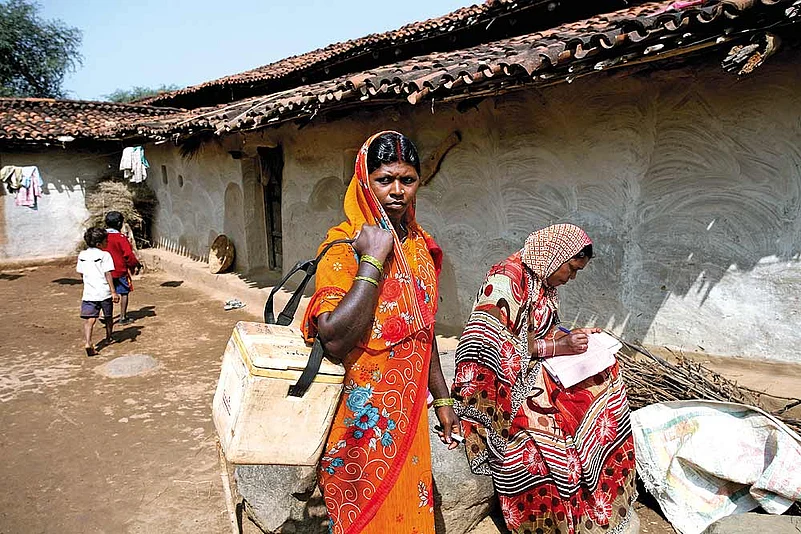If only the Indian government had heeded the advice given by seasoned Indian polio researchers, the country’s war against polio could have been won long ago. More significantly, astounding as it may sound, some three million children could have been saved from being crippled for life. As we celebrate the success of the possible elimination of polio from India, here’s a question that might serve as an important reality check: did the country fail its own people by not heeding to sound Indian advice and relying instead on overseas advisors unfamiliar with the ground realities of our country?
The burden of this crippling disease was astounding. In 1978, the annual rate of infection of children with polio was two lakh—that’s nearly 550 infections daily. While that has been brought down drastically over the decades to be able to claim freedom from polio, the road ahead still remains bumpy. Experts like Dr Nata Menabde, World Health Organisation’s (WHO) representative in India, warn that our “progress in polio eradication cannot afford to pause and we cannot rest on our laurels”. The main weapon against polio in India, the oral polio vaccine (OPV), itself poses one of the biggest hurdles in the endgame. There are also many lessons to be learnt from the past, from the guilt of delayed implementation of effective strategies. These are painful lessons, for they led to the unfortunate and needless paralysis of those three million children due to polio. If the government had acted in time and with the right plan suited to India, polio could have been eradicated 10 years ago.
So what went wrong? On advice from global experts in 1978, the Indian government chose to use OPV as the preferred weapon to tackle polio, choosing it over the more effective but relatively more expensive injectible polio vaccine (IPV). As early as the 1980s, top Indian vaccine experts like T. Jacob John of the Christian Medical College, Vellore, had raised the red flag against the use of OPV. Although it is much easier to administer, OPV has a serious flaw. It is manufactured using a form of the live polio virus whose potency to cause polio has been blunted, but there are still cases in which the virus regains its potency and starts paralysing children. Strangely in India, such cases are not counted: they are merely categorised as adverse reaction to the vaccine. Writing an anguished editorial in the highly regarded Current Science journal recently, John said that “for three decades, policymakers ignored Indian science on polio—allowing over three million children to be paralysed unnecessarily and delaying polio elimination by 11 years”. The problem arose as decisions were made on the basis of opinion fit for western nations, says John, suggesting that the government made “bad mistakes”—for Indian research studies in the ’70s had established “why western tactics would fail”. Occasionally, the attenuated virus from the vaccine can also regain its infectivity and cause polio outbreaks later.
In effect, the cure becomes the cause for the disease and because of this, people may question the effectiveness of OPV as a magic bullet. In future, if ‘two drops’ erodes the credibility of the vaccine in the eyes of mothers, it would be no surprise. Experts say that this was “acceptable” in the past, but the situation would get very complicated soon when OPV is to be withdrawn as part of who’s endgame strategy. At that point, experts fear, there could be hordes of children who may once again become infected with the vaccine-derived viruses and be vulnerable to paralysis. In this last lap, the use of the OPV is like having the tiger by its tail. This current success rests on the shoulders of nearly 2.3 million vaccinators (the Indian army is only a little over one million strong) who battled tremendous odds to vaccinate against polio with India spending some $3 billion in total funding. But as these vaccinators now retreat, as India getting the polio-free tag is celebrated across the world, is the future of these children really fully secure?
(The writer is science editor at NDTV and correspondent for Science.)

























